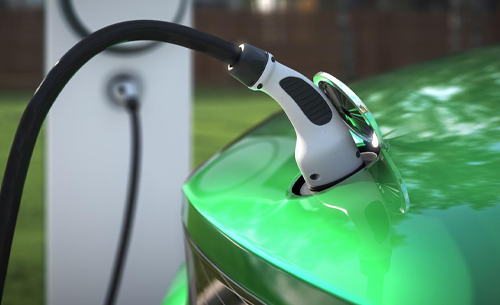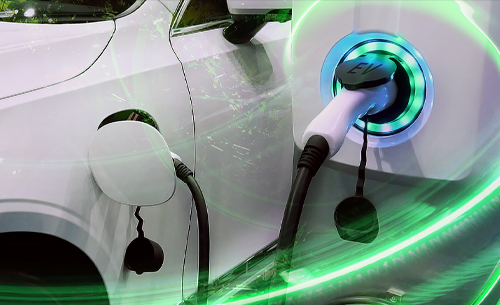ELECTRIC VEHICLES: NAVIGATING YOUR MOTORING FUTURE
A futuristic product available today, electric vehicles have made a massive impact over the last few years. With South Africa catching up to the rest of the world, the transition towards a sustainable future continues to speed up.
Contact an EV DealerDiscover your future by differentiating between AC and DC charging, learning some helpful electric vehicle charging tips and educating yourself on the different charging plugs available in South Africa. At the bottom of this page, you will also find a helpful map that displays all the public electric vehicle charging stations in South Africa.
Understanding AC and DC Electric Vehicle Charging
When it comes to charging electric vehicles, understanding the distinction between AC (alternating current) and DC (direct current) charging is essential. AC charging, commonly found in homes and businesses, delivers a consistent flow of electricity at a steady rate. This makes it ideal for overnight charging or during more extended periods of electric vehicle downtime. On the other hand, DC charging, often referred to as fast charging, provides a more rapid energy transfer by delivering a direct current at a high voltage. While AC charging is well-suited for maintaining day-to-day driving needs, DC charging is designed for on-the-go charging during longer trips, replenishing an impressive percentage of the battery's capacity in a matter of minutes.

Electric Vehicle Charging Plugs
There are a number of different charging plug types available within the electric vehicle market. Understanding these options is crucial to charging your electric vehicle in an efficient manner.
Type 2 plug: The standard plug in South Africa, this plug supports single or three-phase AC charging.
Combined Charging System (CCS 2): Building on the type 2 plug, this provides high-power DC fast charging. You will find these at all public DC Charge Stations in South Africa.
Type 1 plug: Although common in the United States and Japan, the Nissan Leaf is the only electric vehicle to use this plug in South Africa.
Combined Charging System (CCS 1): This extension to the type 1 plug delivers high-power DC fast charging.
Find an Electric Vehicle Charging Station
A common myth is that South Africa has sparse electric vehicle charging stations. In reality, there are over 350 electric vehicle charging stations available today, with more coming very soon. Use the map below to find your nearest electric vehicle charging station.


